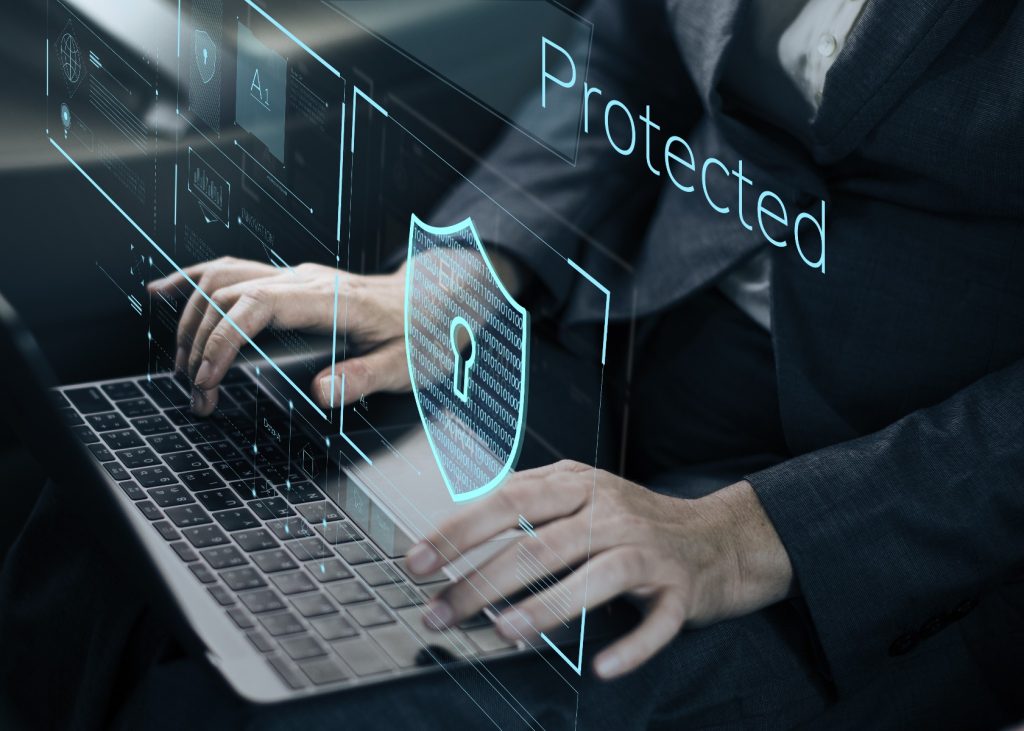How to Protect Your PC from the Top Security Threats in November

If you are a PC user, you might want to pay extra attention to your computer security this month. Several new and emerging threats could compromise your data, privacy, or performance. In this blog post, we will highlight some of the most dangerous ones and give you some tips on how to avoid them.
Zero-Day Vulnerability in Windows Installer
A zero-day vulnerability is a security flaw that is unknown to the software vendor and the public, and therefore has no patch or fix available. This makes it very attractive for hackers who can exploit it before it is discovered and fixed.
One such vulnerability was recently found in the Windows Installer, which is a component of the Windows operating system that allows users to install, update, or uninstall software. This vulnerability could allow an attacker to gain system privileges on a PC by exploiting a flaw in the way the Windows Installer handles certain files or applications.
This means that the attacker could execute malicious code, install malware, or access sensitive data on the PC. The vulnerability affects Windows 10, Windows 11, and Windows Server users, and Microsoft has not yet released a patch for it.
To protect yourself from this threat, you should be careful about opening suspicious files or applications, especially those that come from unknown sources or have unusual extensions. You should also use antivirus software and a firewall to scan and block any potential threats. And of course, you should always keep your Windows system updated with the latest security patches as soon as they are available.
Cloud Jacking
Cloud jacking is the unauthorized access and control of cloud resources by cybercriminals. This could lead to data theft, ransomware attacks, or sabotage of cloud services.
Cloud jacking is becoming more common as more people and businesses use cloud computing for storing, processing, and sharing data. Cloud computing offers many benefits, such as scalability, flexibility, and cost-efficiency, but it also comes with some risks, such as data breaches, service outages, or legal issues.
To protect yourself from cloud jacking, you should ensure that you have strong passwords, encryption, and backup for your cloud accounts. You should also use multi-factor authentication, which requires you to enter a code or a token in addition to your password, to access your cloud services. You should also monitor your cloud usage and activity, and report any suspicious or unauthorized changes or transactions.
Phishing Attacks
Phishing attacks are fraudulent emails or messages that try to trick users into revealing their personal or financial information or clicking on malicious links or attachments. Phishing attacks are one of the most common and effective ways of compromising PC security.
Phishing attacks can be very convincing, as they often use the name, logo, or style of a legitimate organization or person, such as a bank, a government agency, or a friend. They may also use emotional or urgent language, such as a warning, a request, or an offer, to persuade users to take action. However, once the user responds or clicks, they may end up giving away their credentials, downloading malware, or losing money.
To protect yourself from phishing attacks, you should be wary of any unsolicited or suspicious emails or messages, and verify the sender’s identity before responding or opening any attachments. You should also check the URL of the link or the address of the attachment, and look for any spelling or grammatical errors, or mismatched domains. You should also use antivirus software and spam filters to detect and block any potential phishing emails or messages.
